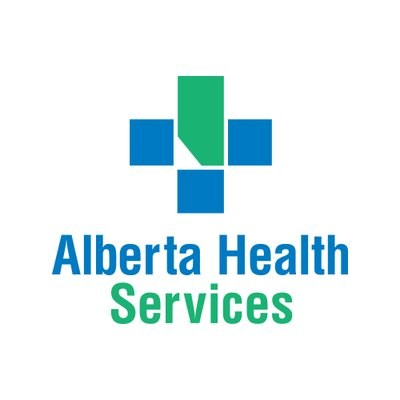A rapid increase in syphilis cases across Alberta in recent years prompted the Chief Medical Officer of Health, Dr. Deena Hinshaw, to declare a provincial outbreak June 16.
According to a press release issued the same day, “infectious and congenital syphilis rates have escalated across the province over the past five years, with a sharp increase in 2018.”
“The concern really is that the number of cases we’re seeing in Alberta, province-wide, are numbers we haven’t seen since the end of the Second World War,” said Dr. Laura McDougall, senior medical officer of health with Alberta Health Services (AHS). “The steep increase is something that really is raising concerns.”
According to McDougall, the total number of cases in AHS’ Calgary Zone – which includes Airdrie, Cochrane, Chestermere and Rocky View County (RVC) – was 206 in 2018, about 14 more or a 7.3 per cent increase from the previous year.
Still, McDougall said, other zones in Alberta have experienced more significant increases. Edmonton Zone saw a total of 977 cases – an approximately 305 per cent increase from 2017 – while North Zone recorded 208 cases and the highest overall increase of 324 per cent.
“But when AHS declared the outbreak of syphilis, they declared it as a provincial outbreak, being really mindful that the trends we’re seeing in other parts of the province may well be affecting Calgary zone in the coming months and years,” McDougall said.
She noted Alberta is not the only location facing high rates of syphilis – neighbouring provinces, several states in the U.S., Australia, New Zealand and European countries are also facing an upswing.
Because of this, McDougall said, it is difficult to identify the cause of the local increase of the infection.
“Probably nobody can answer that question, other than just being really thankful this isn’t an Alberta-specific problem,” she said. “Because it is an infectious disease that’s passed along from person to person…it’s really hard to track back exactly what might have been the beginning of that outbreak.”
Syphilis is a sexually transmitted infection (STI) primarily contracted through sexual contact, McDougall said.
The infection can often enter a lengthy latent period where no symptoms manifest, McDougall said – sometimes for years. The first indication of syphilis is often a painless lesion on the genitals or rectum.
“Sometimes, people don’t even notice that they have it, and it tends to take care of itself and disappear,” she said. “If it’s not treated, it will move on to a second phase where people feel really unwell – they may have a generalized rash over their whole body and, often, swollen lymph nodes.”
A third stage can involve consequences McDougall described as dire, affecting the heart and other major organs, and impacting brain function and cognition.
“At that point, treatment can be very challenging,” she said. “In those early stages, syphilis responds really well to antibiotics.
Pregnant mothers also run the risk of infecting their babies with congenital syphilis, described in the press release as “a severe, disabling and life-threatening disease.”
“While congenital syphilis cases were rare before the outbreak, there were 22 congenital syphilis cases [in Alberta] between 2014 and 2018, one of which was stillborn,” the press release said.
Therefore, early detection and treatment, or complete avoidance, is incredibly important, McDougall said. She emphasized the necessity of sexually-active people getting tested for STIs every three to six months if they have a new, multiple or anonymous sexual partners, have a previous history of an STI diagnosis or have a partner with a known STI.
Prenatal care including syphilis testing is also available for all Albertans, the press release said, and McDougall added those programs can help treat mothers and avoid complications for the baby.
“We know that people sometimes feel embarrassed about these symptoms and don’t present for care and testing,” she said. “That’s what we want to avoid – anybody feeling like there’s any reason that they shouldn’t have this taken care of as they would any other health concerns or conditions.”
For Airdrie and RVC residents, a primary healthcare provider, local walk-in clinics or STI clinics in Calgary will be able to screen for syphilis, McDougall said. Locals can also contact Health Link at 811 to find out where to get tested.
The spread of syphilis and other STIs can also be limited through correct and consistent condom use during sexual intercourse, McDougall added.
According to the press release, a provincial co-ordination committee composed of Alberta Health, AHS and other provincial health officials has been activated and will develop a strategy over the next three months to increase STI testing and promote public awareness in an effort to reduce the overall number of syphilis cases across the province.



